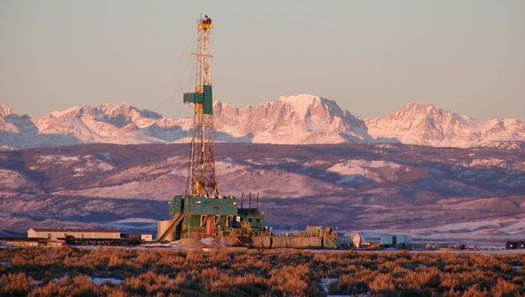

U.S. energy firms this week reduced the number of oil rigs active in the United States even as crude prices continued to trade over $100 a barrel after Russia’s invasion of Ukraine stoked global energy supply concerns.
That was the second decline for the oil rig count in three weeks after it fell three in the week to March 4, rose eight in the week to March 11 and fell three in the week to March 18.
Despite the decline in oil rigs, the total rig count remained unchanged because drillers added some natural gas and other rigs this week.
The total U.S. oil and gas rig count, an early indicator of future output, held steady at 663 in the week to March 18, energy services firm Baker Hughes Co said in its closely followed report on Friday.
Baker Hughes said the total oil and gas count was now up 252 rigs, or 61%, over this time last year.
U.S. oil rigs fell three to 524 this week, while gas rigs rose two to 137, their highest since October 2019. There was also one miscellaneous rig added, Baker Hughes said.
U.S. crude futures were trading around $105 per barrel on Friday, up more than 10% since Russia invaded Ukraine on Feb. 24.
Even though the rig count has climbed for a record 19 months in a row, the weekly increases have mostly been in single digits and oil production was still far from pre-pandemic record levels as many companies focus more on returning money to investors rather than boosting output.
U.S. crude production was on track to rise from 11.2 million barrels per day (bpd) in 2021 to 12.0 million bpd in 2022 and 13.0 million bpd in 2023, according to federal energy data. That compares with a record 12.3 million bpd in 2019.
With oil prices up about 39% so far this year after soaring 55% in 2021, a growing number of energy firms said they plan to boost spending for a second year in a row in 2022 after cutting drilling and completion expenditures in 2019 and 2020.
The 2021 spending increase, however, was small and much of it went toward completing wells drilled in the past, known in the industry as drilled but uncompleted (DUC) wells.
The U.S. Energy Information Administration (EIA) said the number of DUCs available in the biggest shale basins fell for a 20th month in a row to 4,372 in February, their lowest since at least December 2013, according to data going back that far.
Analysts have been saying for months that energy firms will have to increase the number of new wells they drill soon before they run out of DUCs to complete.
You can read more of the news on source



